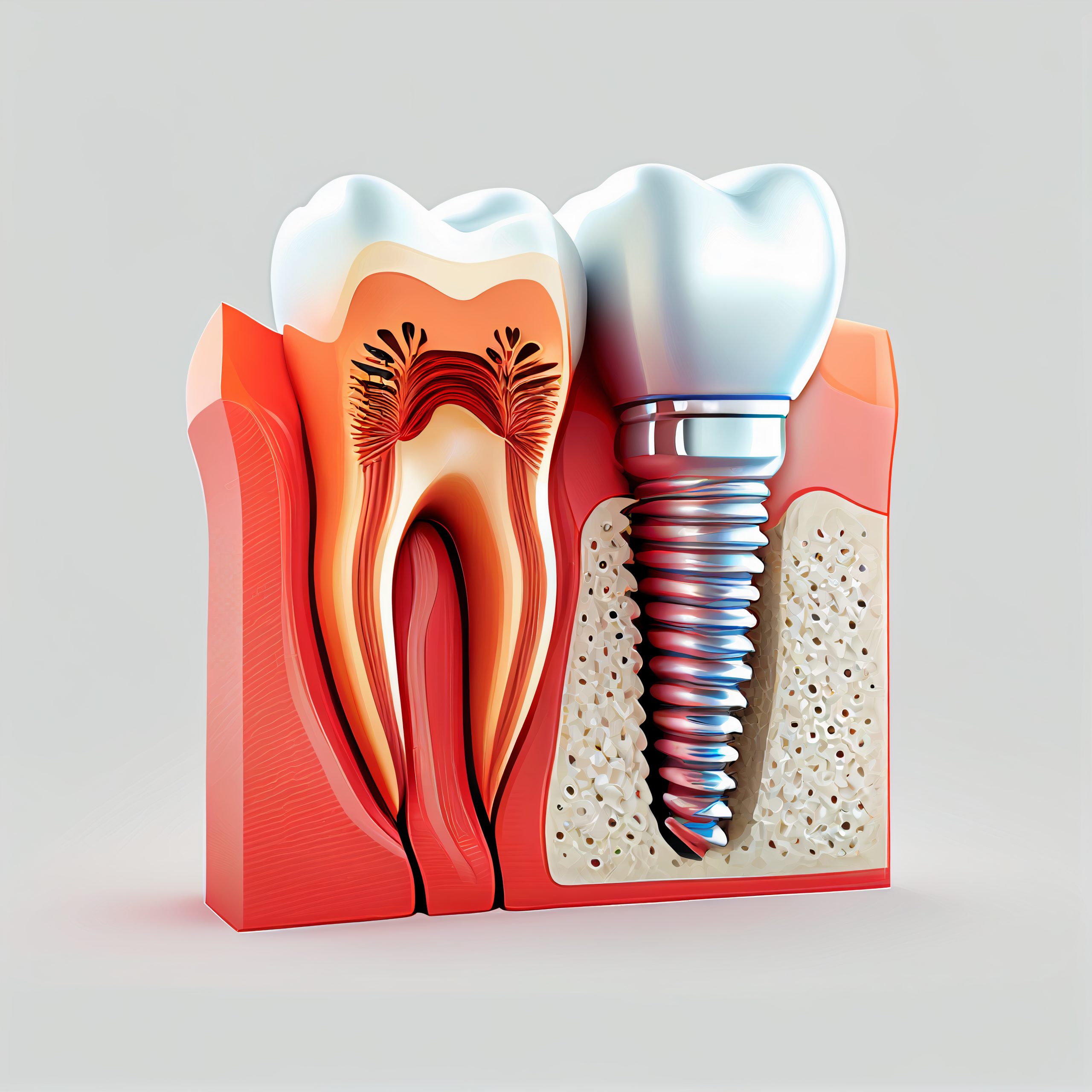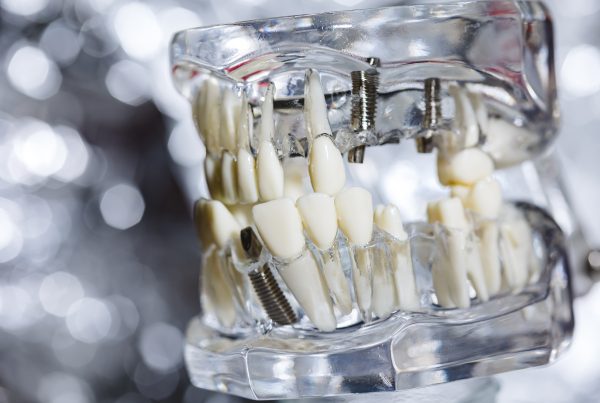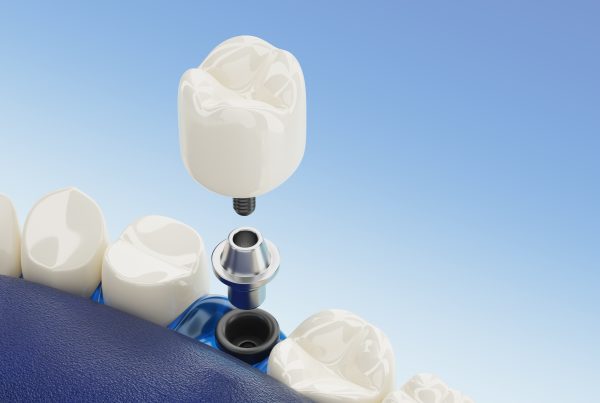Finding Other Options Besides Dental Implants
Dental implants have long been a popular choice for replacing missing teeth, offering a permanent solution that mimics the look and function of natural teeth. However, not everyone is a candidate for dental implants due to factors such as bone density, overall health, and budget constraints. Fortunately, there are several effective alternatives to dental implants that can restore your smile and oral function. From dentures and bridges to innovative techniques like mini implants and all-on-four procedures, exploring these options can help you find the best solution tailored to your specific needs and preferences.

What are the alternatives to dental implants?
When it comes to replacing missing teeth, there are several alternatives to dental implants that offer effective solutions tailored to different needs and circumstances.
One common alternative is dentures, which can be either full or partial. Full dentures replace an entire set of teeth, while partial dentures fill in gaps when some natural teeth remain. Dentures are typically made from acrylic, metal, or flexible nylon materials and are custom-fitted to the patient’s mouth. They are a non-invasive option and are generally more affordable than implants, making them a popular choice for those seeking a less expensive solution.
Another viable alternative is a dental bridge, which is particularly useful when only one or a few teeth are missing. A bridge consists of one or more artificial teeth (pontics) that are anchored in place by crowns attached to the adjacent natural teeth or dental implants. This method effectively “bridges” the gap left by missing teeth and restores the appearance and function of the smile. Bridges can be made from various materials, including porcelain, gold, and alloy, offering a durable and aesthetic solution. While dental bridges typically require the alteration of adjacent teeth, they are less invasive than implants and can provide a stable, long-lasting result.
What are the pros and cons of dentures compared to dental implants?
When considering dentures versus dental implants, it’s essential to weigh the pros and cons of each option to determine which best suits your needs and lifestyle.
Pros of Dentures:
- Cost-Effective: Dentures are generally more affordable upfront compared to dental implants, making them a more accessible option for many people.
- Non-Invasive: The process of getting dentures is non-invasive, involving no surgery. This can be particularly beneficial for patients who have medical conditions that make surgery risky.
- Quick Solution: Dentures can be made and fitted relatively quickly, providing a faster solution for those who need to replace missing teeth promptly.
- Adaptable: Dentures can be adjusted or relined over time to accommodate changes in the mouth, ensuring a comfortable fit.
Cons of Dentures:
- Maintenance: Dentures require daily cleaning and maintenance, and they need to be removed and soaked overnight, which can be inconvenient.
- Fit and Comfort: Dentures may not fit as securely as dental implants and can cause discomfort or sores in the mouth, especially if they become loose.
- Bone Loss: Unlike implants, dentures do not prevent bone loss in the jaw, which can lead to changes in facial structure over time.
- Dietary Restrictions: Denture wearers may need to avoid certain hard or sticky foods that can dislodge the dentures or cause discomfort.
Pros of Dental Implants:
- Permanence: Dental implants offer a permanent solution that, with proper care, can last a lifetime. They are securely anchored in the jawbone, providing stability.
- Natural Look and Feel: Implants closely mimic the look and feel of natural teeth, offering a more aesthetically pleasing and comfortable result.
- Bone Preservation: Implants help to preserve the jawbone, preventing bone loss and maintaining the natural contours of the face.
- No Dietary Restrictions: With implants, patients can enjoy a wider variety of foods without worrying about dislodging their teeth or experiencing discomfort.
Cons of Dental Implants:
- Cost: Dental implants are typically more expensive than dentures, with higher upfront costs that may not be fully covered by insurance.
- Surgical Procedure: Getting dental implants involves a surgical procedure, which carries risks such as infection, nerve damage, and extended healing times.
- Time-Consuming: The process of getting implants can be lengthy, often taking several months from the initial consultation to the final placement of the crowns.
- Eligibility: Not all patients are candidates for implants, particularly those with insufficient bone density or certain health conditions that affect healing.
By considering these pros and cons, patients can make an informed decision on whether dentures or dental implants are the right choice for their dental health and lifestyle.


How do dental bridges work as an alternative to implants?
Dental bridges are an effective alternative to dental implants for replacing one or more missing teeth. A bridge consists of one or more artificial teeth, known as pontics, which are anchored in place by dental crowns attached to the adjacent natural teeth or implants. These supporting teeth, called abutment teeth, are prepared by removing a portion of their enamel to accommodate the crowns. The bridge is then custom-made to fit the gap and blend seamlessly with the surrounding teeth. Once the bridge is cemented into place, it restores the appearance and function of the missing teeth, allowing for normal eating, speaking, and smiling.
One of the main advantages of dental bridges over implants is that they do not require surgery, making them a less invasive option. This can be particularly beneficial for patients who may not be candidates for implants due to insufficient bone density or medical conditions that make surgery risky. Additionally, the process of getting a bridge is typically faster than implants, often taking only a few weeks from start to finish. However, it’s important to note that dental bridges rely on the health and strength of the adjacent teeth, which need to be altered to support the bridge. Despite this, bridges offer a durable and aesthetically pleasing solution for tooth replacement, with proper care ensuring they last many years.
What are the cost differences between dental implants and their alternatives?
The cost differences between dental implants and their alternatives can be significant, and understanding these differences can help individuals make informed decisions based on their budget and dental needs.
Dental Implants: Dental implants are typically the most expensive option for tooth replacement. The cost for a single implant can range from $3,000 to $6,000, including the implant post, abutment, and crown. This price can increase if additional procedures are required, such as bone grafting or sinus lifts, which are sometimes necessary to ensure there is enough bone to support the implant. While the upfront cost is high, implants are a long-term solution, often lasting a lifetime with proper care, which can make them cost-effective over time.
Dental Bridges: Dental bridges are generally less expensive than implants. The cost for a traditional bridge can range from $2,000 to $5,000 for a three-unit bridge, depending on the materials used and the complexity of the case. This cost includes the crowns for the abutment teeth and the pontic. While bridges are durable and can last 10 to 15 years with good oral hygiene, they may need to be replaced eventually, adding to the long-term cost. Additionally, the need to alter adjacent teeth can affect their longevity and potentially lead to further dental work down the line.
Dentures: Dentures are often the most affordable alternative for tooth replacement. Complete dentures, which replace an entire set of teeth, can cost between $1,000 and $3,000 per arch. Partial dentures, which fill gaps where some natural teeth remain, are typically less expensive, ranging from $500 to $1,500. While dentures are less costly initially, they require ongoing maintenance and replacement every 5 to 10 years. The cost of adhesives, cleaning solutions, and potential adjustments or relines should also be considered when evaluating the overall expense.
In summary, dental implants are the most expensive upfront but offer a long-lasting solution, while dental bridges and dentures provide more affordable alternatives with varying maintenance and replacement costs over time. When deciding which option is best, it’s important to consider not only the initial expense but also the long-term costs and benefits associated with each type of tooth replacement.


Who is a good candidate for dental bridges or dentures instead of implants?
Determining whether dental bridges or dentures are a better fit instead of implants depends on several factors, including the patient’s oral health, overall health, budget, and personal preferences. Here’s a breakdown of who might be a good candidate for each alternative:
Dental Bridges:
- Healthy Adjacent Teeth: Candidates for dental bridges should have healthy teeth adjacent to the gap left by the missing tooth or teeth. These adjacent teeth, called abutment teeth, will need to be strong enough to support the bridge.
- Single or Multiple Missing Teeth: Bridges are ideal for patients missing one or a few teeth in a row, but not an entire arch. They can effectively “bridge” the gap and restore function and aesthetics.
- Adequate Oral Hygiene: Good oral hygiene is essential to maintain the longevity of a dental bridge. Candidates should be committed to regular brushing, flossing, and dental check-ups.
- Bone Loss: Patients with significant bone loss in the jaw may prefer bridges over implants, as bridges do not require the same level of bone density.
Dentures:
- Multiple Missing Teeth: Dentures are suitable for patients missing several teeth or an entire arch. Full dentures replace all teeth in the upper or lower jaw, while partial dentures fill gaps between remaining natural teeth.
- Bone Loss or Poor Bone Density: Candidates with insufficient bone density for implants, or those who do not want to undergo bone grafting procedures, may opt for dentures. Dentures do not require a strong jawbone for support.
- Budget Constraints: Dentures are often more affordable than implants, making them a viable option for patients with limited budgets.
- Non-Surgical Preference: Patients who prefer to avoid surgery due to health concerns or personal preferences may find dentures to be a suitable, non-invasive alternative.
- Quick Solution: For those needing a rapid solution to tooth loss, dentures can be made and fitted relatively quickly compared to the longer process required for implants.
In summary, patients with healthy adjacent teeth and good oral hygiene who are missing a few teeth might be ideal candidates for dental bridges. Those missing multiple teeth, experiencing significant bone loss, or seeking a more budget-friendly, non-surgical option might find dentures to be the best choice. Consulting with a dental professional can help determine the most appropriate option based on individual circumstances.



